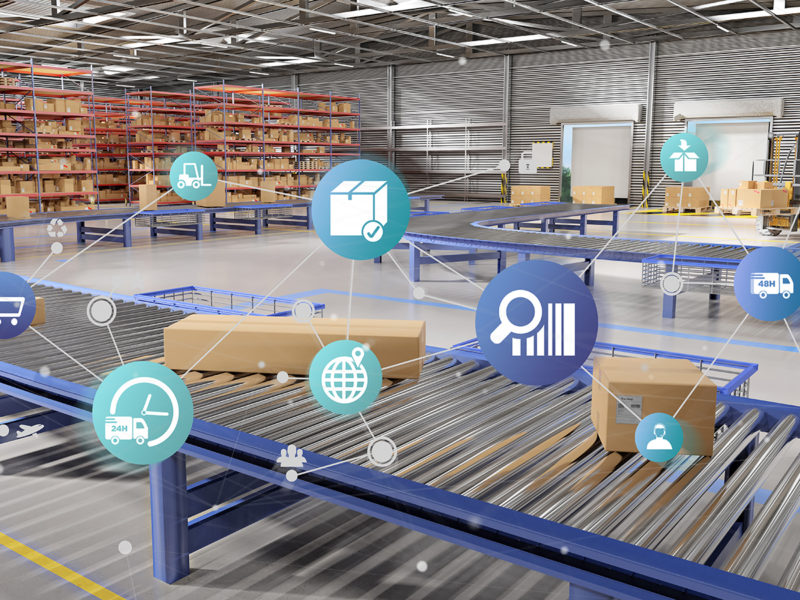Cloud is a business strategy, not a technology; database is a technology, according to Mark Hurd, CEO of Oracle. “Cloud is an architecture, it’s an approach,” he said. “And this approach, it’s irrefutable. It has several key elements that are big deals. It costs less. Second, it’s got tons more innovation associated with it that you can now get without having to do it on your IT budget nickel. Turns out that’s a really big deal. And three, it lowers your risk. You’ve moved the risk from you to somebody else, whether that be security, whatever it may be. This is not a reversible trend. This is more about the speed at which you get to the destination.”
Oracle’s two major product categories are database and applications. Noting that the total applications market is $125 billion, with $75 billion of that in back-office software applications, Hurd outlined his view of the complementary fit of Oracle’s SaaS Fusion product along with NetSuite’s ERP, which also integrate CRM and other back-office functions.
There’s really just no reason that all of the applications don’t move to the cloud,” Hurd said. His comments were part of a conversation with NetSuite founder and EVP Evan Goldberg as part of the SuiteWorld 2019 conference, and touched on the future of artificial intelligence and machine learning. Oracle, with 2018 revenues of $40 billion, bought NetSuite in 2016 for more than $9 billion, from its spin-off from Oracle roots in 1998. Wholesale distribution is one of its major verticals.
There has been speculation around how compatible the cultures and respective product offerings were, and what an integration would like for the acquisition. As a Software-as-a-Service ERP business, NetSuite has long touted the benefits that Hurd underscored in terms of Oracle’s commitment to overall cloud migration. NetSuite is planning to migrate from its current Oracle database infrastructure onto the Oracle Cloud Infrastructure, and use machine learning to tune database performance. It was one of several examples given of ways that – while NetSuite remains focused on its core markets – it is leveraging its parent company’s capabilities and products.
Where AI Is Going
A major theme at SuiteWorld this year, as at other conferences in 2019, is how analytics, AI and machine learning are being adopted and integrated into product offerings.
“Implementing analytics, artificial intelligence, machine learning – I think we’re at the beginning of AI, what’s going to be a massive move over the course of the next decade,” Hurd said to Goldberg, “that you and I don’t even know where it’s going to end up.
“We’re not a company that believes AI gets to become a separate application, but it becomes a feature that’s integrated into really all the core applications. It’s going to do everything, from automating the way you communicate with people — all the user interfaces are going to change, all the analytics solutions are going to change,” Hurd said. “I think the first-use cases will be much more mundane … with AI integrated directly into the applications themselves.” He noted examples of optimizing supply chain management and employee performance analytics.
Omni Business Models
Source: Oracle NetSuite
Goldberg also noted disruptors across all industries and how businesses have to operate as an omni business model. He outlined how lines are blurring between what defines industries and categories that we’ve used for many years. “What’s a manufacturer, what’s a retailer, what’s a distributor?” he asked. “If you’re a manufacturer you may be trying to reach your end consumer directly. If you’re a distributor, you might be starting to reach some of your customers via a retail outlet. You really have to think about that omni business model.”
Related Posts
-
Blindly following a competitors lead or treating every customer the same are two common mistakes…
-
AI will not create another new sales channel for distributors, but will radically improve the…
-
Let the computer do some of the work by conducting a virtual pilot to sanity…






